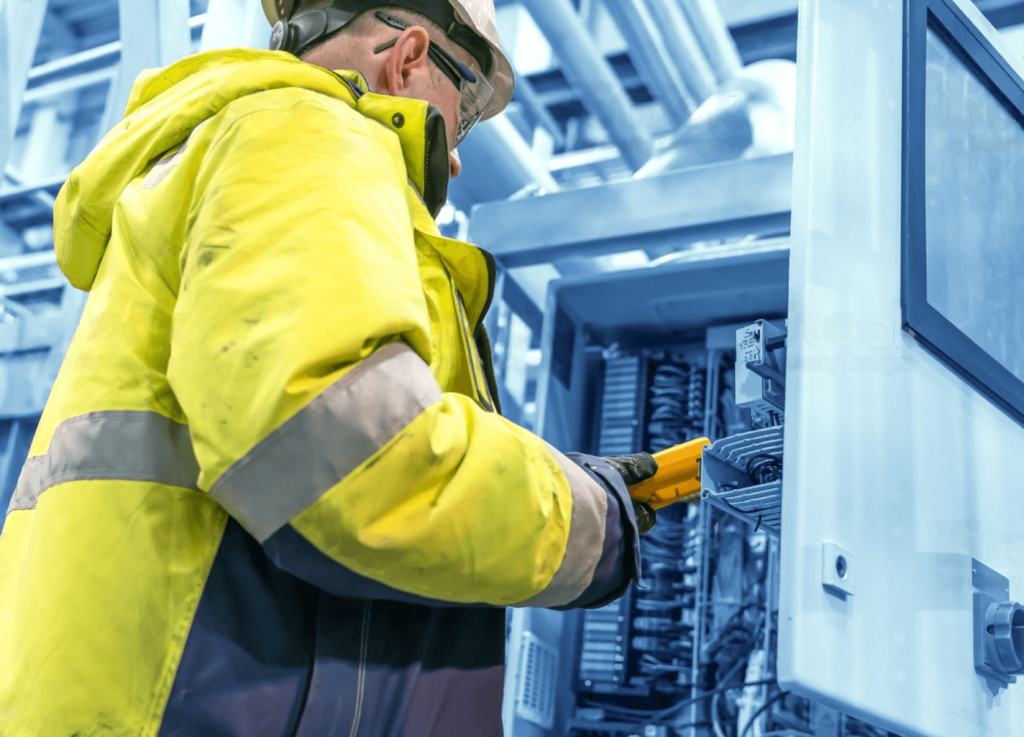Understanding the distinction between an industrial and commercial electrician is crucial for businesses seeking electrical services. The primary difference lies in the environment they work in and the complexity of the tasks they handle. While both types of electricians ensure that electrical systems operate efficiently and safely, their specific roles and responsibilities vary significantly.
Work Environment
Industrial Electricians: These professionals typically work in environments such as factories, manufacturing plants, and warehouses. The electrical systems in these settings are often more complex and extensive, involving high-voltage machinery and intricate control systems.
Commercial Electricians: In contrast, commercial electricians work in settings such as office buildings, retail stores, and other commercial establishments. Their work primarily focuses on ensuring that lighting, power outlets, and other electrical systems function correctly in these environments.
Skills and Training
Industrial Electricians: The role of an industrial electrician requires specialised skills and training. They must understand and work with complex machinery, programmable logic controllers (PLCs), and various automated systems. This often involves additional education and training in industrial-specific electrical systems and equipment.
Commercial Electricians: While commercial electricians also require significant training, their focus is more on the installation and maintenance of electrical systems within commercial buildings. They need to be proficient in wiring, lighting, and power distribution systems commonly found in commercial spaces.
Types of Projects
Industrial Electricians: These electricians are often involved in large-scale projects that include the installation and maintenance of machinery, power distribution systems, and electrical controls. They may also work on projects that involve upgrading existing systems to improve efficiency and safety.
Commercial Electricians: Projects handled by commercial electricians usually involve the installation and maintenance of electrical systems within commercial buildings. This can include setting up new electrical systems during construction or renovation, as well as ongoing maintenance to ensure that systems remain safe and functional.
Safety Considerations
Industrial Electricians: Safety is paramount for industrial electricians due to the high voltage and complex machinery they work with. They must adhere to strict safety protocols to prevent accidents and ensure the safe operation of electrical systems.
Commercial Electricians: While safety is also crucial for commercial electricians, the risks are generally lower compared to industrial settings. However, they still need to follow safety guidelines to prevent electrical hazards and ensure a safe environment for building occupants.
Both industrial and commercial electricians play vital roles in maintaining and enhancing the electrical systems that power our world. The key difference lies in the complexity and environment of their work. Industrial electricians handle more complex systems in industrial settings, while commercial electricians focus on the electrical needs of commercial buildings.
At Route Electrical Ltd, we understand the unique requirements of both industrial and commercial electrical services. Our team of skilled electricians is dedicated to providing reliable and efficient electrical solutions in London, ensuring that your electrical systems are safe and operational. Contact us today to learn more about our services and how we can assist you with your electrical needs.








































